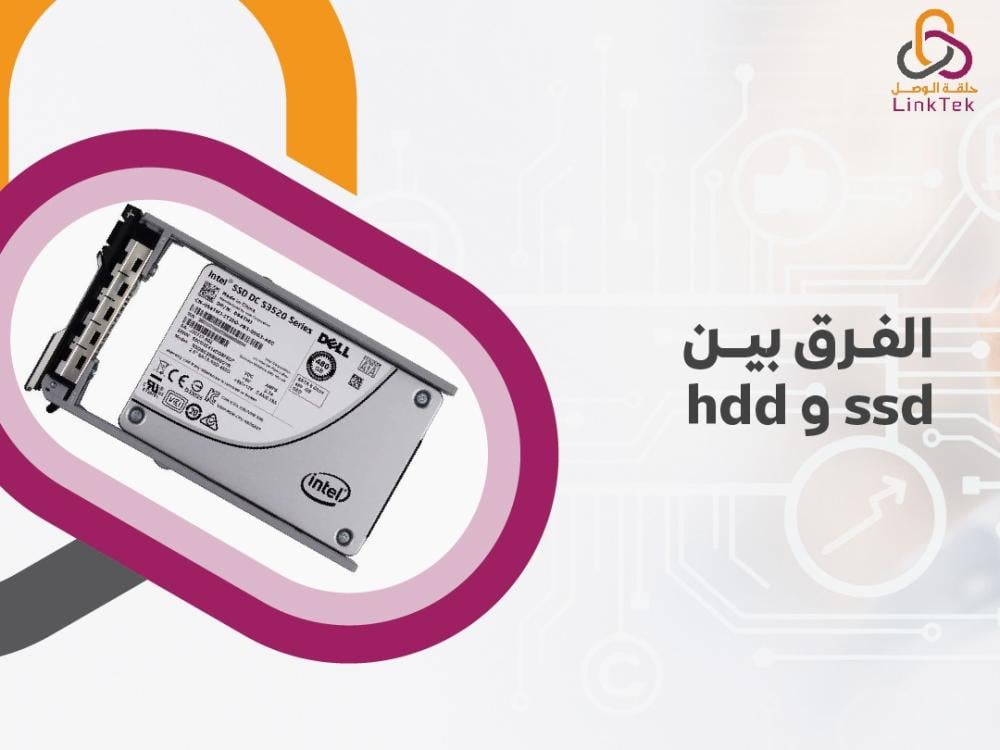
In today’s world, the need for computers is almost as essential as the need for food. Computers play a role in nearly every aspect of life, and any purchase of a new computer certainly involves checking its storage capabilities, including the SSD and HDD. But what is the difference between SSD and HDD? How do these differences affect speed and performance? What impact do each have on speed and performance, and what are the appropriate uses for each? We will briefly explore these questions in the following lines.
What Are SSD and HDD? What Is the Difference Between SSD and HDD?
SSD stands for Solid State Drive, while HDD stands for Hard Disk Drive. Both are used to store data in a computer. However, the difference between SSD and HDD lies in the following points:
- Storage Method: SSDs use permanent flash memory to store files, while HDDs use a high-speed spinning magnetic disk for storage.
- Cost: HDDs are significantly less expensive than SSDs.
- Storage Capacity: SSDs generally have a larger storage capacity than HDDs. SSD storage ranges from 500 GB to 4 TB, while HDD storage ranges from 500 GB to 1 TB.
- Speed: SSDs are faster than HDDs.
- Durability: SSDs are more durable because they have no moving parts.
- Usage: SSDs are used to store applications and large amounts of data due to their speed and are also preferred for sensitive and important data due to their durability. HDDs, on the other hand, are used to store large files and temporary data.
What Is the Function of SSD and HDD?
The function of both SSDs and HDDs is to store data permanently on computers. However, the difference between SSD and HDD lies in the speed of access, with SSDs being faster. This makes SSDs ideal for storing heavy applications and data due to their fast access speed and operation, while HDDs are more suitable for storing large volumes of data.
How Do SSD and HDD Impact Speed and Performance?
As mentioned in the comparison between SSD and HDD, the difference in speed and performance is theoretically minor, just a few seconds. However, SSDs are faster, and in practice, this difference translates into the SSD's ability to run applications faster than HDDs, giving SSDs better overall performance.
What Are the Suitable Uses for SSD and HDD?
SSDs are used to run heavy applications and systems due to their high speed, while HDDs are more suitable for storing large amounts of data because they are less expensive. HDDs are also used for storing temporary data that does not require quick access. In contrast, SSDs are ideal for storing important data due to their higher durability compared to HDDs.
SSDs can also be used for editing and modifying important media, thanks to their ability to handle heavy applications and various data quickly. Finally, SSDs are suitable for use in laptops, while HDDs are better suited for desktop computers.
Working with computers of all kinds requires understanding the different storage tools used in computers, particularly SSDs and HDDs. Therefore, anyone who works with computers needs to know the difference between SSD and HDD, which lies in several factors, including their cost, storage capacity, speed, and durability. It's also crucial to understand the optimal use for each: SSDs are ideal for storing applications and heavy data due to their high storage capacity and speed, and they are well-suited for use in laptops and gaming devices. On the other hand, HDDs are better for storing large amounts of data and temporary files, making them suitable for use in large computers and servers.

